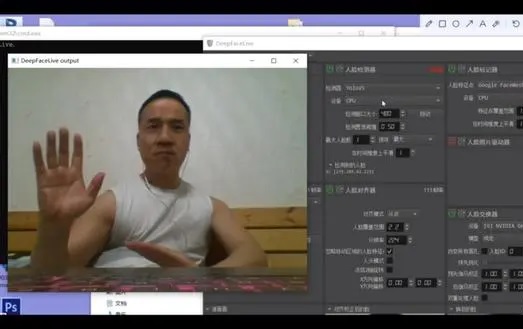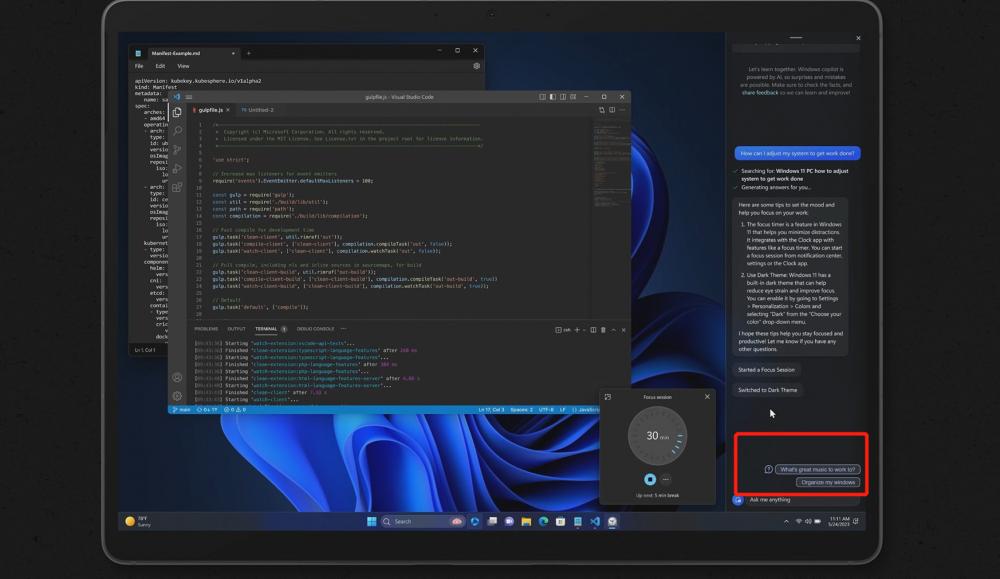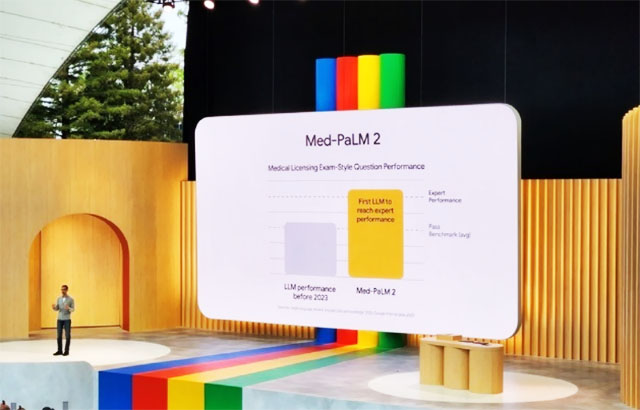With the "big killer" ChatGPT and its access to the search engine Bing, Microsoft can be said to have stolen the limelight of the "search brother" Google, but the results reflected in the market share is very disappointing. Some agency data shows that Microsoft Bing's search market share has decreased instead of increased in the last month, which may be related to the user habits and technical limitations of GPT. Next, Google will also be embedded in the generative AI technology search engine, Bing to take food from Google's mouth is more difficult.
Not increasing but decreasing
On Monday local time, OpenAI started rolling out networking and plug-in features to all ChatGPT Plus users. This update means that the last "seal" of ChatGPT has been completely lifted and ChatGPT will serve its users with the latest information and news.
This is considered a milestone update because ChatGPT has been criticized for its training data as of September 2021, and it can't answer accurately to the updated information data.
According to OpenAI, the web browser will call New Bing's search API to retrieve content from the web. The specific functions of these plug-ins include creating new websites, text to audio, shopping to compare prices and place orders, summarizing and analyzing PDF documents, and creating exclusive intelligent workflows covering all aspects of daily life, including food, clothing, housing and transportation.
But on the other hand, Bing search's market share is not so optimistic. According to the latest findings of data service provider StatCounter, Microsoft Bing desktop search market share of 7.14% in April, lower than the peak share of 9.92% in October last year when ChatGPT was not yet released. In contrast, Google search engine has 86.71% desktop market share, an improvement of about 3 percentage points from last October.
What's the problem? After all, ChatGPT's version of Bing has been seen as a strong rival to Google since its inception, and now has more than 100 million active users per day. And if mobile (cell phones, tablets) is taken into account, Bing's overall market share drops to 2.79%, while Google dominates absolutely with a 92.63% share.
The company's market share has fallen to 2.79%, while Google's share is 92.63%. Zhang Xiaorong, director of the Deep Technology Research Institute, said that after accessing GPT4, Microsoft Bing has been in the testing phase and has not been released until May 4, when Microsoft announced the full opening of the Bing chatbot. April data is basically flat compared to March, and traffic should be within control and has not increased significantly. User habits will certainly limit Bing share growth, but GPT formal application time is relatively short, it will take some time to observe the effect.
"Too time-consuming and unreliable"
Admittedly, market share does not tell everything. Zhang Xiaorong mentioned that although Microsoft's market share did not increase, but advertising and search revenue increased by 3.4%. In addition in March, Bing traffic grew more than Google. Analyst firm Similarweb reported that Bing saw a 15.8 percent increase in page views after adding AI features, while Google saw a slight decline of nearly 1 percent. User interest in Bing is growing, so outsiders may need to be a little more patient.
According to An Guangyong, an expert from the credit management committee of Allianz M&A Guild, the lack of increase in Microsoft's search market share may be related to several factors, including user habits and some limitations of GPT technology. Google, as the search engine market leader, has built up a strong user base and brand loyalty in the past few years. Users tend to rely on the products they are familiar and accustomed to when using search engines. Even though Bing has improved the search experience by introducing GPT, users may still prefer to use the search engine they are used to.
As for the market share gap, An Guangyong said that Google has a huge market share in the search market, while Bing needs to face competition from the giant. Even though GPT technology has brought improvements for Bing, this gap cannot be ignored. It takes time and continuous efforts to change user habits and shift market share.
In addition, there are the technical limitations of GPT itself. An Guangyong further analyzed that although GPT has made great progress in natural language processing, there are still some limitations. For example, the query speed may not be as fast as traditional search engines, and the accuracy may be affected. In addition, cost may also be a factor, as using GPT for search may require greater computing resources and costs.
There are reports that market share is decreasing instead of increasing, which shows from the side that Bing may still be too time-consuming and unreliable as a search tool now. Some believe that many people use ChatGPT version of Bing to play with AI as a novel and fun toy, however, once they have a real search need, a regular input and reception system like Google is still the first option.
However, the statistics also have their limitations. The data and observations may be based on specific statistical methods and content, Ankoyong noted. Market share measurements may involve different data sources and methods, and thus require further observation and validation.
Huang Song, a senior artificial intelligence practitioner, also said, "Is the complete count of queries in Chatbox? Is the market share counted by number of times by length of use or by headcount? In addition, there may be a time lag effect, as New Bing is gradually released in grayscale. From personal experience, although New Bing has flaws, but replace a large part of the original search engine scene is no problem, coupled with the media gathering coverage, intensive new product launch, will attract some attention".
Google goes one step further
And in the face of new competition from Microsoft and OpenAI, Google is also building AI search engine. On the 10th of local time, Google said at the developer conference that it will start trying to promote a more conversational search engine and open AI chatbots to more users.
Apparently, investors are also bullish on this change. After the news, Google's parent company Alphabet shares rose all the way up, and the two co-founders' wealth instantly grew by $18 billion.
And when it comes to AI security, Google is also thinking further ahead than Microsoft. According to Bloomberg, Google is adding two new features to its image search to reduce the spread of false information, especially in light of the current AI tools that have made faking images a breeze.
Alphabet Inc.'s new feature, called "About This Image," is understood to provide more contextual information, such as when an image or similar image was first indexed by Google, where it first appeared, and how it appears elsewhere on the Web. This is intended to help users identify the original source, place the image in a specific context, and potentially leverage evidence of exposure that news organizations may provide.
In addition, Google will mark every AI-generated image created by its tools and is working with other platforms and services to ensure that the same markup is added to the files they publish. Google reached out to publishers such as Midjourney and Shutterstock with the goal of ensuring that all AI content appearing in search results is flagged.
In addition to Google, Microsoft Bing faces heavy challenges, such as user loyalty, brand awareness and quality awareness. In addition, Bing must also compete with emerging rivals such as Duck Duck Go and Yandex.
For the next market changes, An Guangyong believes that GPT technology is also evolving and improving, and as the technology matures and is optimized, Bing may achieve better performance in the future. However, it will also take more time and effort to change user preferences and increase market share.





Comments0